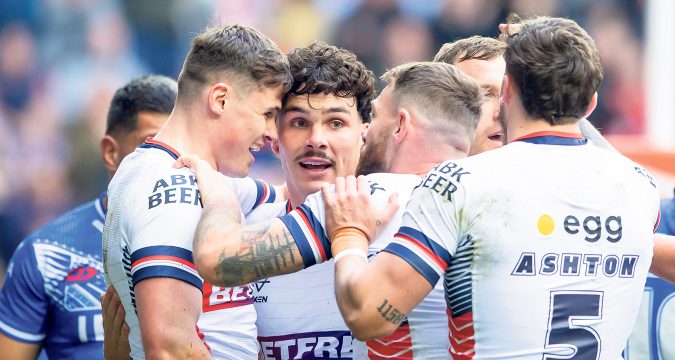 ONE lesson that our sport needs to learn is that things off the field can be just as important as things that happen on it.
Rugby League has been traditionally slow to recognise this truth, which is one reason for our constant underspending on marketing the game.
“The game sells itself” has never been true and never will be, despite what
ONE lesson that our sport needs to learn is that things off the field can be just as important as things that happen on it.
Rugby League has been traditionally slow to recognise this truth, which is one reason for our constant underspending on marketing the game.
“The game sells itself” has never been true and never will be, despite what Talking Rugby League: What we need to learn from rugby union
 ONE lesson that our sport needs to learn is that things off the field can be just as important as things that happen on it.
Rugby League has been traditionally slow to recognise this truth, which is one reason for our constant underspending on marketing the game.
“The game sells itself” has never been true and never will be, despite what
ONE lesson that our sport needs to learn is that things off the field can be just as important as things that happen on it.
Rugby League has been traditionally slow to recognise this truth, which is one reason for our constant underspending on marketing the game.
“The game sells itself” has never been true and never will be, despite what 